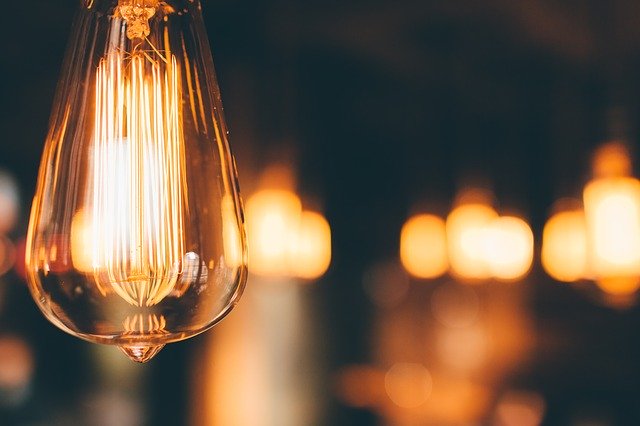Eskom’s poor performance has been in the headlines for quite some time now, and South Africans were experiencing it first hand when the embattled public enterprise announced rolling blackouts over several weeks in 2019. The first blackouts of 2020 were also instated just last week.
Jan Oberholzer has been named Eskom’s new Chief Operating Officer (COO), and announced that the public entity will be going to court to fight against the National Energy Regulator of South Africa (Nersa) next week. Eskom wishes to oppose Nersa for declining its suggested double tariff increase – instead Nersa increased the tariff to only 8%. While this hike does not seem to be enough for Eskom, it may have a negative effect on the pocket of the average electricity consumer.
“We haven’t handed out a performance bonus in two years. If you look at our financial statements, the item that is being spoken about is misleading. The money has been set aside for 13th-cheques, which are part of the employment contract. Our application for a tariff increase doesn’t relate to our inefficiencies,” Oberholzer said in a statement. “We cannot take public money for that, and certainly not R1.8-billion. We’re reviewing all supply contracts as we speak. The same goes for procurement. We do want to raise tariffs by 16%, and yes, it will pose a significant challenge to the economy. I agree.”
Eskom managed to secure a 9.41% tariff increase for the 2019/20 financial year, and Nersa agreed to allow the power utility to increase their tariffs by a further 8% in 2020.
Eskom also wanted to hike electricity prices up even further for 2021, and is looking to secure an increase of a whopping 45% in the next three years. Instead, Nersa agreed on a 22.3% hike and this prompted Eskom to take legal action – hence, they will be battling it out in court.
If the 16% tariff is granted, electricity consumers will pay an additional 16cents on every rand they spend on power.
Picture: Pixabay

